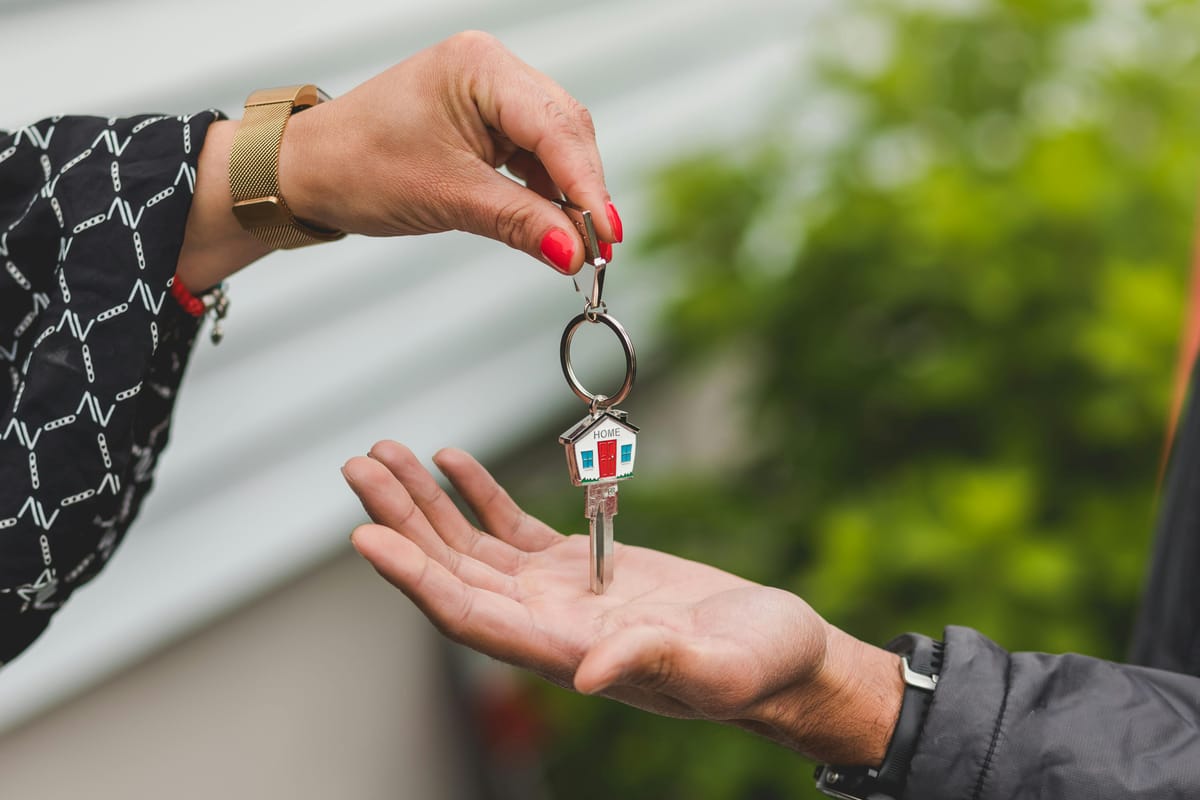How to avoid delays when buying your overseas home
It can feel like the legal and administrative wheels are moving in reverse when buying property overseas. Whether it’s imperative you buy by a specific date, or you want to start your new life in the sun ASAP, there are steps you can take to avoid delays in the buying process.

You might be buying a property overseas to immerse yourself in a more relaxed way of life but a laid-back culture can lead to the brakes being applied to the sale. Then there’s the notary system that’s in place in many European countries, adding another layer of red tape. Don’t forget your status as an international buyer and the complications that can create, including the language barrier and extra admin.
So, what can you do to overcome common roadblocks in the overseas property buying process?
Be financially prepared
Unless you’re buying your property with cash, securing financing is an essential step in the buying process. If you’re obtaining a mortgage, get pre-approved straight away. This will help you steal a march on the international mortgage application process.
Save time managing currency exchanges and international payments – essential elements of the overseas buying process – by working with a currency specialist. Speak with your dedicated account manager to set a realistic budget.
When you make an offer, they can help you secure a favourable exchange rate for your future transactions using a forward contract. This ability to safeguard the final purchase price against adverse market movements will prevent this currency risk from derailing your plans when the time comes to complete. Keep your account manager up to date on your tight timescales so they can expedite the payment process during the crucial final stages of the sale.
Contact a currency specialist to discover how they can help you make your property transactions quick and cost-effective.
Arrange your legal support early
The legal and administrative elements of the property buying process have a reputation for moving at a glacial pace the world over. In most European countries, it’s mandatory for a notary to oversee the legal elements of the sale, adding time-consuming red tape to the process. Then there are the legal due diligence checks. In Spain, for example, the buyer’s lawyer must verify that the property is legally the seller’s to sell, has planning permission and is free from debts or restrictions on the sale – potentially causing frustrating delays.
To speed things up, find a lawyer and notary who have experience working with international buyers right at the start of your journey. Once they know your timescale, these professionals will provide destination-specific guidance that will help you avoid potential bottlenecks.
Be ready to act
Having found a property that ticks all the boxes, don’t waste any time making an offer, or you risk losing out to another buyer. In most countries, you will be required to put down a deposit to secure the property, so make sure you have these funds handy. The best way to do this is to open and pre-fund an account with a currency specialist, so you’re primed and ready to make this essential payment.
Arrange all the required documentation – from proof of identity to tax identification numbers – before viewing properties and making offers.
Grant your lawyer power of attorney if you can’t be in the country when the legal formalities need conducting, like signing contracts. This grants them official permission to perform these essential tasks on your behalf, ensuring you avoid delays.
Understand the local landscape
The legal, administrative, and financial elements of the overseas property buying processes differ from country to country, presenting unique hurdles in each. For example, in Spain, buyers experience delays obtaining a foreign identity number (NIE) on their viewing trip. Additionally, Spanish banks can take weeks or months to approve a mortgage, especially for foreign buyers. Moreover, notary offices can have long waiting times, especially in high-demand areas.
In rural areas of France, land boundaries might be unclear, requiring further checks. In Italy, verifying compliance with stringent building regulations can take weeks or months, especially for older or rural properties.
Understanding the potential challenges in your destination at the start of your buying journey will give you the foresight to avoid potential delays.
Be realistic
These tips can help you avoid common delays, but accept that buying overseas will almost always take longer than at home amid country-specific requirements. Realistic timeline expectations will help you avoid frustration so you’re productive, not stressed, bringing you closer to your dream of owning a home overseas.
